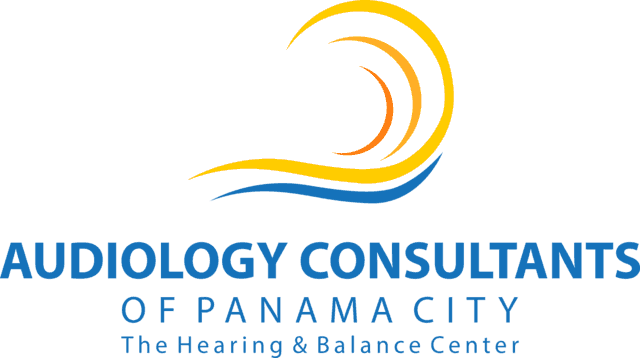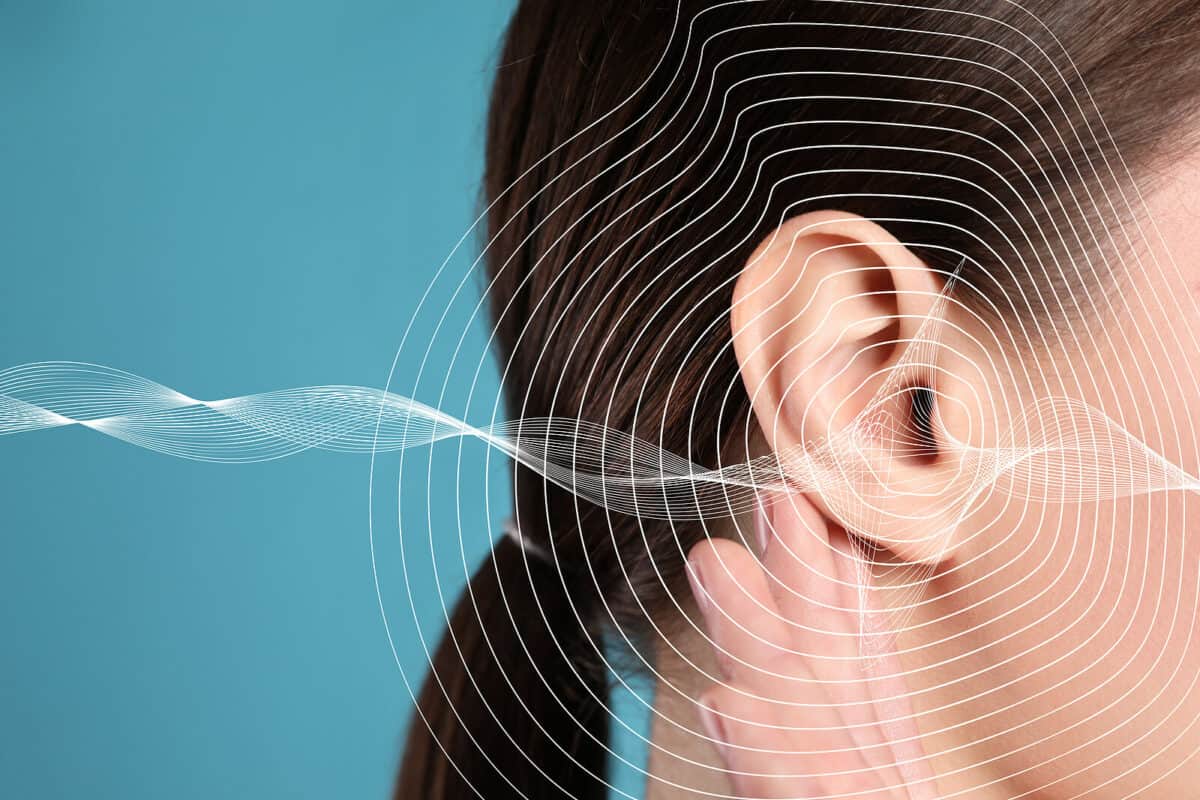- Using Hearing Aid Accessories for Enhanced Listening - May 6, 2025
- Practical Tips for Managing Daily Challenges With Tinnitus - April 8, 2025
- Signs Your Hearing Aid Battery Needs to Be Replaced - March 13, 2025
Do you have hearing loss? You may not even know it. The National Institute on Deafness and other Communication Disorders (NIDCD) reports that “One in eight people in the United States (13 percent, or 30 million) aged 12 years or older has hearing loss in both ears, based on standard hearing examinations.” Meanwhile the World Health Organization (WHO) warns that if things don’t change the rate of hearing loss worldwide could more than double by 2050 if understandings and education around hearing loss prevention and detection don’t change. This change must happen on an institutional and personal level. This means that learning about hearing loss is key to protecting your own ears. There are a lot of misconceptions about hearing loss. Here are some common facts and fictions around hearing loss to set the record straight.
Fiction: Hearing loss occurs with old age only.
While the most common cause of hearing loss is advanced age, affecting one in three 65 and older and half of those 75 and beyond, it can happen to anyone at any age. In fact, WHO warns that 1.1 billion people between the ages of 12 and 35 are at risk of permanent hearing damage due to exposure to loud sounds from entertainment venues and personal listening devices. It is important to be aware of risks to your hearing at any age, including not only monitoring your exposure to noise daily, but the use of certain medications, environmental toxins, heart health and wearing head protection when engaging in high impact sports as well as wearing your seatbelt whenever in a motor vehicle.
Fiction: Hearing aids don’t really work that great.
Many remember hearing aids their grandparents or parents may have worn which were large and prone to feedback. Today, hearing aids continue to push advancements in technology forward in miniaturization, speed and power! Today’s hearing aids use digital technology which not only is able to eliminate feedback in most situations but amplifies sound based on your hearing exam. This gives you an enhancement of hearing which is clear and consistent allowing you to feel more confident in conversation. People who invest and use their hearing aids daily report stronger relationships, more confidence, a likeness to stay more active and try new things.
Fact: Noise is not the only cause of hearing loss.
The risk of noise induced hearing loss is all around us, but it is not the only cause of hearing loss. As stated before, certain medications, such as prescriptions for diuretics, chemotherapy drugs and certain antibiotics can cause hearing damage. Meanwhile over the counter painkillers such as ibuprofen and acetaminophen have been linked to higher rates of hearing loss. Sensorineural hearing loss makes up 90 percent of all hearing loss cases and is caused by cell damage in the inner ear, interrupting the delivery of sound to the brain. Other causes of damage to these cells include chronic health conditions such as diabetes, hypertension, and heart disease, as well as impact to the head and even ear infections.
Fiction: I don’t need to treat my hearing loss
Hearing loss is often underestimated and under treated. This is perhaps due to misinformation in the past around the severity of hearing loss. It starts slow often, and so subtle that many people are not aware that they have an issue. However, over the years it can build up into rifts in relationships and issues socializing causing many to opt out of gatherings and social situations. This can build up into social isolation, loneliness, and chronic depression.
People don’t realize that this disconnect between the ears and the brain can affect cognitive health. Even a mild amount of hearing loss can impact cognitive function. Untreated hearing loss has been found to increase the risk of dementia later in life. In addition, treating hearing loss is a safety issue. When you struggle to hear you are less aware of your environment. As a result, people with untreated hearing loss are twice as likely to suffer falls and accidents which can lead to hospitalizations.
Fact: Treating hearing loss can help
While the risks of hearing loss are staggering the good news is that hearing aids can help subvert almost all the risks. Don’t let your hearing loss take away from the quality of your life. If you suspect you have even a mild hearing loss, contact us today to set up your next hearing exam.


